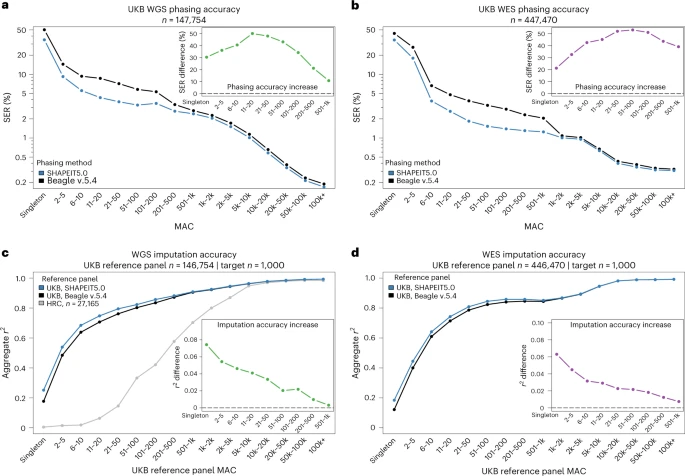Marcos A. S. Fonseca, Marcela Haro, Kelly N. Wright, Xianzhi Lin, Forough Abbasi, Jennifer Sun, Lourdes Hernandez, Natasha L. Orr, Jooyoon Hong, Yunhee Choi-Kuaea, Horacio M. Maluf, Bonnie L. Balzer, Aaron Fishburn, Ryan Hickey, Ilana Cass, Helen S. Goodridge, Mireille Truong, Yemin Wang, Margareta D. Pisarska, Huy Q. Dinh, Amal EL-Naggar, David G. Huntsman, Michael S. Anglesio, Marc T. Goodman, Fabiola Medeiros, Matthew Siedhoff & Kate Lawrenson
11k Accesses, 5 Citations, 602 Altmetric
Abstract
Endometriosis is a common condition in women that causes chronic pain and infertility and is associated with an elevated risk of ovarian cancer. We profiled transcriptomes of >370,000 individual cells from endometriomas (n = 8), endometriosis (n = 28), eutopic endometrium (n = 10), unaffected ovary (n = 4) and endometriosis-free peritoneum (n = 4), generating a cellular atlas of endometrial-type epithelial cells, stromal cells and microenvironmental cell populations across tissue sites. Cellular and molecular signatures of endometrial-type epithelium and stroma differed across tissue types, suggesting a role for cellular restructuring and transcriptional reprogramming in the disease. Epithelium, stroma and proximal mesothelial cells of endometriomas showed dysregulation of pro-inflammatory pathways and upregulation of complement proteins. Somatic ARID1A mutation in epithelial cells was associated with upregulation of pro-angiogenic and pro-lymphangiogenic factors and remodeling of the endothelial cell compartment, with enrichment of lymphatic endothelial cells. Finally, signatures of ciliated epithelial cells were enriched in ovarian cancers, reinforcing epidemiologic associations between these two diseases.
This is a preview of subscription content, access via your institution.
